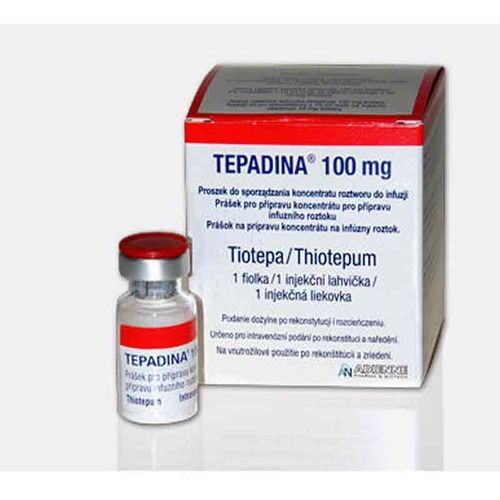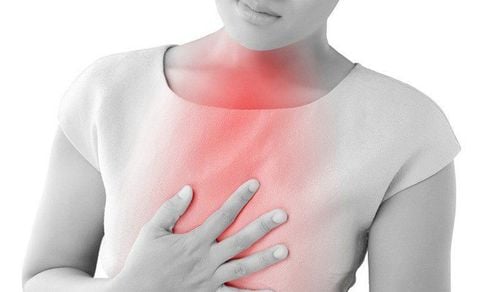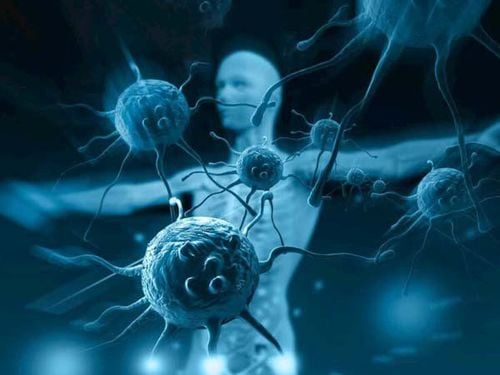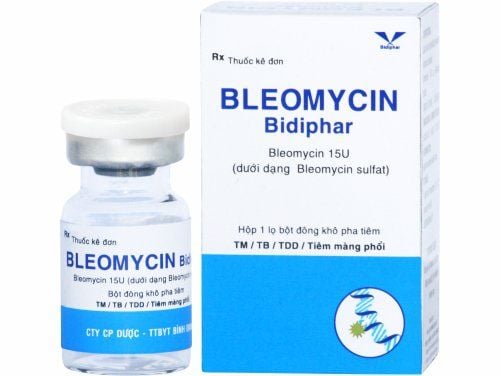This is an automatically translated article.
Article by Master, Doctor Quach Thanh Dung - Head of Oncology and Hematology Inpatient Unit - Radiation Oncology Center - Vinmec Times City International Hospital
On December 17, 2020, the American Society of Clinical Oncology and the Infectious Diseases Society of America held a webinar “COVID-19 Vaccines & Cancer Patients” to discuss the importance of of COVID-19 vaccination and provide expert opinion on its use in cancer patients. At the time of the workshop, only one vaccine was authorized for use against COVID-19 - the Pfizer / BioNTech vaccine. Although the panel discussion focused on mRNA vaccines and vaccines in general. The panel of oncology and infectious disease experts agreed that the Pfizer vaccine, and now Moderna, has been shown to be safe and effective for the general population, and there is no evidence of its safety for other people. cancer patient.
1. Should people with cancer get the COVID-19 vaccine?
At this time, cancer patients can receive the COVID-19 vaccine as long as the components of that vaccine are not contraindicated. Current Centers for Disease Control and Prevention (CDC) interim clinical guidance discusses people who are immunocompromised and states: “Immune-compromised individuals can still be vaccinated against COVID-19. -19 if they have no contraindications to vaccination. However, they should be counseled about the unknown safety and efficacy profile of the vaccine in immunocompromised populations, the potential for reduced immune response, and the need to continue to follow all recommendations. current guidance to protect yourself against COVID-19”. The panel noted that although some immunocompromised patients may have reduced response to the vaccine, it may still provide some benefit and, importantly, reduce the risk or severity of COVID. -19 for cancer patients.
2. Should people undergoing active cancer treatment get the COVID-19 vaccine?
At this time, patients undergoing treatment may be offered a vaccine against COVID-19, as long as there are no contraindications to any component of the vaccine. Experienced oncologists offer other vaccines to patients undergoing cancer treatment, including chemotherapy, immunotherapy, radiation therapy, or stem cell transplants.
Strategies such as providing vaccines between treatment cycles and after appropriate waiting periods for stem cell transplant recipients and immunoglobulin therapy can be used to reduce risk while maintaining maintain the effectiveness of vaccination. ASCO is aware of only one study published to date, Wassengrin et al., Lancet Oncol specifically reported on vaccine safety outcomes in patients undergoing cancer treatment (immune checkpoint inhibitors). Translate).
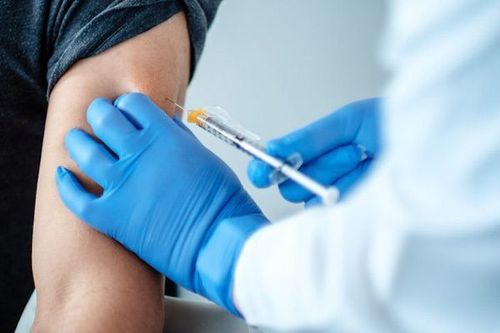
3. What other concerns do people with vaccinated cancer have?
As there is still uncertainty about the extent to which immunocompromised cancer patients will develop immunity in response to vaccination, vaccinated patients should continue to follow current guidelines to protect protect yourself from exposure to COVID-19. The panel of experts emphasized the message that while providing vaccines to cancer patients and their caregivers would reduce the risk of contracting COVID-19 and stressed the importance of continuing the practice of wearing masks and social distancing. socialize and maintain good hand hygiene even after vaccination.
In short, to the question of whether cancer patients should get the COVID-19 vaccine, the short answer is yes. Having cancer or regardless of treatment status is a risk factor for worse outcomes due to infections including influenza and COVID-19.
Contact your doctor for more specific advice on when to inject, possible side effects when receiving the COVID-19 vaccine.
Please dial HOTLINE for more information or register for an appointment HERE. Download MyVinmec app to make appointments faster and to manage your bookings easily.
References: Asco.org, Cancer.net





